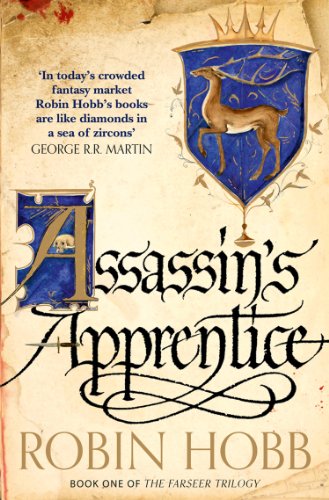Lil says that the things I see all came with us Europeans. It’s a palimpsest laying over Canberra and we scrape it off so Canberrans can live in the real city. [p.23]
Kat is a teenaged runaway who finds herself under the protection of three old ladies: Lil, Ann and Mabel. She refers to them as her grannies, and she runs errands and does housework in exchange for food and board. Not explicitly mentioned in the deal: ghost-hunting, werewolves, dead bushrangers, the thing in Mabel's wood pile, and dark children. For Kat's grannies are not entirely what they seem, and one of them (at least one of them) is much older than anyone would suspect.
This is a novel focussed on female characters and on the small kindnesses and accommodations that they perform for one another. Kat, it should be noted, often exhibits more consideration than the older women. There are a lot of meals (the ladies cook for one another once a month, and now Kat is present to help prepare and serve the food) and quite a few excursions to Canberra's suburbs. Though I don't know the city at all, it began to feel comfortable and familiar.
Some of the supernatural elements, such as Mabel's garden of protection and her wood pile guardian, seem comfortable, too: others, like the drowning girl who cries, and the large cat that lurks outside the Japanese embassy, are much more threatening. And there are mundane horrors, too. Lil is becoming frail; Ann's husband is divorcing her; Kat is trying to summon the courage to phone home, to the family who seemed to have replaced her with a younger half-sister.
There are three narrative threads here: the account of Kat's education with the grannies, Kat's later (or mostly later) blogposts with their benefit of hindsight, and the 'tales of Melusine', which initially seem to be versions of fairy tales written down by Lil. Melusine, in those tales, is a fairy and also Jewish, and her stories span centuries, from medieval France to the horrors of Nazi Germany.
I'd been meaning to read something by Polack for a while, and The Time of the Ghosts -- with its themes of found family, friendship and kindness -- tempts me to read more.






